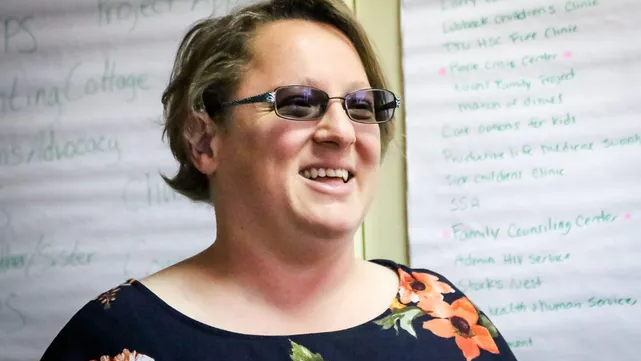DEBORAH GOLDMANN
Whether it’s a fairy tale, a Shakespearean play …. Or even: Jewish narrative, the theme of survival is often the same. I want to survive. In order for me to survive, I must take out my competition. I must target the ones who target me.
The queen sees snow white as a threat, and orders the huntsman to kill her. In the end, the queen herself dies.
Claudius, in the Shakespeare play, seeks the throne and kills Hamlet’s father. In doing so, Hamlet wants revenge on his father’s death by killing his uncle Claudius. In the end, everyone in the Danish royal family is dead.
In the Book of Exodus, Pharaoh noticed the Israelites were becoming too numerous. He devised a plan to lessen the threat by killing all the Israelite baby boys. Early in the Exodus narrative, Pharaoh and many Egyptians died, and the Israelites were freed as slaves from Egypt.
Hate is a means of self-preservation. Not one of the best but “hate” is a method of self-preservation. If I am unemployed, and suddenly my town has a lot of employed immigrants, I might feel threatened. I might worry about my career prospects. If suddenly there are a lot of people of a color different from my own, I might worry that my neighborhood is changing or that suddenly my one little vote has less power.
Unemployed in a town with a supermarket that suddenly sells unfamiliar foods and people with a political opinion that is different from mine…. I might start to resent the people that seem to be threatening what I know to be mine and familiar. “Resentment” is a very short distance from hate.
However, using hate as a means of self-preservation doesn’t work. When we hate or attack the “other” the violence of our acts will always interfere with our own self-preservation.
The true means of self-preservation is in building bridges and relationships with those around us. Whether the people around us are familiar or complete strangers.
We see the successful outcome of lifting the stranger up in the Book of Exodus. When Moses first meets Jethro, the Midianite priest, Moses was a complete stranger, dirty, thirsty, and hungry. Yet, Jethro welcomes Moses into the Midianite community. Eventually, Moses married Tziporah, Jethro’s daughter. No oppression, no violent attacks, just radical acceptance.
Soon the dynamics between Moses and Jethro changed: Moses became the leader of the Israelites and was in a direct relationship with God. Jethro and his tribe were small and connected by marriage. Moses could have ignored Jethro’s advice. Moses might even see Jethro’s desire to help as a threat: Maybe Jethro wants to take Moses’ place!
Neither Jethro nor Moses were in the business of ignoring each other, gossiping about each other, tearing each other down. Theirs was a wholesomely positive relationship.
Not too long before receiving the commandments at Mt Sinai, Moses struggled as a lone leader. Jethro observed Moses in action and offered some leadership advice. Moses is grateful for the guidance and succeeded in its execution.
When neighbors and strangers work together, the work helps both communities survive and thrive. When neighbors and strangers choose to oppress or attack everyone is at risk. Including the one who felt threatened at the beginning of the story.
No one is safe, until all of us are safe.
There is a tradition in Judaism about the word Emet, truth. This word is spelled with aleph (the first letter of the Hebrew alphabet), tav (the last letter), and mem (the exact middle letter). Jewish tradition tells us that emet is deliberately spelled this way because truth encompasses everything from A to Z.
With that tradition in mind, please allow me to share that “all of us” means “all people of the world” from Afghanistan, to Libya, to Zimbabwe (in an alphabetical list of 195 countries, these are the first, the last, and exact middle countries listed).
A campaign that helps a marginalized community isn’t ignoring the majority or prioritizing that marginalized community over anyone else. Rather, a campaign to help a marginalized community is a campaign aiming to save all of humanity.
That I began this writing with fairy tales and Shakespeare doesn’t mean that Jewish narrative is fictional. Connecting Jewish narrative along these other well-known stories means that throughout history, religions, and art forms, humans have been trying to understand the role of “hate” in our lives.
The message that we seem to learn over and over is that hate is not the best means for self-preservation. Love, radical love, and acceptance are the best forms of self-preservation. As Reverend Doctor Martin Luther King, Jr said, “Without love, there is no reason to know anyone, for love will in the end connect us to our neighbors, our children and our hearts.”
Rabbi Deborah Goldmann serves Congregation Shaareth Israel in Lubbock.




